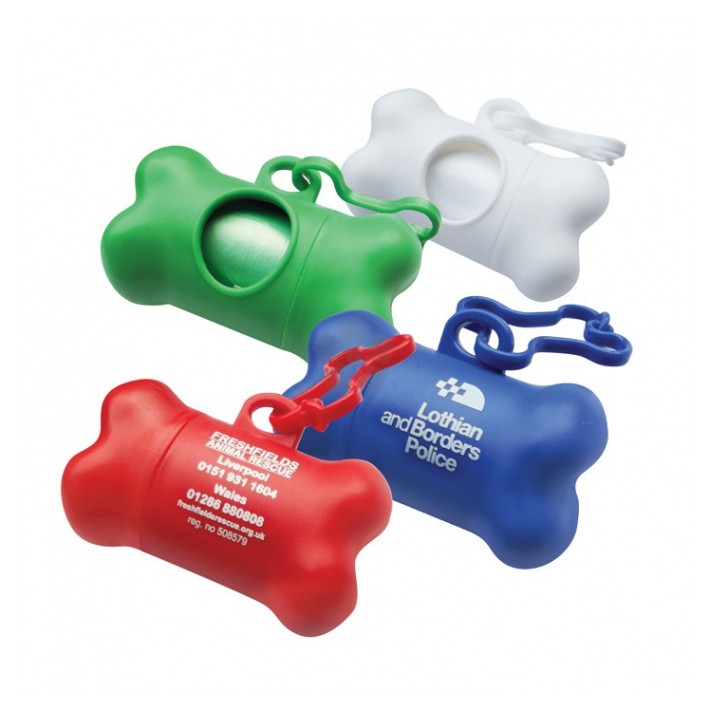Techniques such as warming up the food and offering extra smelly canned or baby foods may be used to entice a pet to eat. A sample of the nasal discharge or lung fluid from the lavage may be sent out for a microbial culture or cytology to see what type of bacteria is causing pneumonia. Your dog's mucous membranes may be discolored and take on a shade of blue, gray, or purple if it is suffering from pneumonia. Check your pet's mucous membranes, which can include its gums, genitals, nasal passages, and around the inside of the eyes to see if there are any colorations. Discoloration occurs when not enough oxygen is coursing through a dog's system.
Fungus – This form of pneumonia is typically caused by an inhalation of spores, which can spread through the body and cause an infection. It typically develops over time and is characterized by a moist cough and thick nasal discharge. Breathing in foreign material – Aspiration pneumonia occurs when a dog breathes something into their lungs. Two common reasons this could happen is if a dog throws up and breathes in some of the vomit or if they inhale liquid medication while it is being administered. Your vet may want to recheck a chest x-ray after your dog has been on antibiotics for 2 weeks, which can help gauge how much longer they will need to be rested and on medications. Dogs can also develop fungal pneumonias and pneumonia secondary to an inhaled irritant.
Infectious Pneumonia
Your vet will do a physical exam and closely listen to your dog’s heart and lungs with their stethoscope. Aspiration pneumonia occurs when a dog accidentally inhales foreign material. This particular type of bacteria is definitely contagious and easily spread dog-to-dog. However, you may also see your dog have symptoms that are not restricted to the respiratory tract.
Also, if you use this book to take care of your current health issues and you don’t end up saving at least $37, I’ll send you a full refund. With this, you’ll never be short on medicine no matter what happens and will always have a way left to help yourself or a loved one in need. These are the lifesaving herbs that people in Venezuela ate when they couldn’t afford to buy food from the market anymore. Home docs are self-reliant people who take care of themselves and their families when the situation demands it.
Dog Pneumonia: Know the Causes, Signs, and Treatment
Bordatella bronchiseptica, the cause of “Kennel Cough”, can cause pneumonia to develop if it gets down into the lower airways. Just like people, dogs of all ages can suffer from pneumonia. Get practical pet health tips, articles, and insights from our veterinary community delivered weekly to your inbox. Knowing when your dog is not feeling well is essential, and finding means to monitor your pet may go a long way.

Initial testing for fungal pneumonias may cost several hundred dollars, with initial stabilization potentially reaching $1,500 or more. The medication and monitoring of your pet can cost approximately $300-$500 per month. For fungal infections, your veterinarian will prescribe antifungal medications such as itraconazole. Fungal pneumonia requires a much longer treatment duration than bacterial pneumonia. Even if your pet starts their treatment hospitalized, you will administer antifungals at home for at least 2-6 months. Treatment for pneumonia will depend on the cause, as will the cost of treatment.
Aspiration
Lungs are not normally filled with fluid or pus so when they are, there is less room for air to fill these balloon-like structures in the chest. Pneumonia in dogs usually occurs after a prolonged upper respiratory illness such as canine kennel cough, but sometimes there is no predisposing factor that can be identified. Learn about the symptoms, diagnosis and treatment of cancer and tumors in dogs, providing pet owners with valuable information and resources when dealing with canine cancer. Nutritious meals will also be vital to helping your dog recover. You may want to warm up your four-legged friend’s food and offer baby food or enticing smelling canned food to help them gain interest in eating. Your vet may also prescribe medications to stimulate appetite.
Pneumonia is a lung infection that bacteria, viruses, or fungi can cause. Treatment for pneumonia typically includes antibiotics, fluid therapy, and rest. Pneumonia is a severe lung infection that can be deadly for dogs. If you are an owner, you should know the most commondog pneumonia Symptoms.
Home Treatment for Pneumonia in Dogs
This may last up to a week, depending on when you begin treatment for pneumonia. If noninvasive treatments like medication don’t stop the progression of COVID-19 pneumonia, you might need to go to the hospital, and mechanical ventilation may be necessary. So that you can get your pet the treatment, they need as soon as possible. For example, suppose your dog shows any of the above pneumonia signs.
The symptoms of canine influenza are similar to those of pneumonia. They can include fever, moist or dry coughing, sneezing, runny nose, watery eyes, and a lack of appetite. It can be difficult to tell at home what is causing your dog's illness. That's why it's important to take them to the veterinarian for an accurate diagnosis and proper treatment plan.
If the dog is suffering from bee stings, hay fever, allergies, or inflamed nostrils, you can administer antihistamine such as Benadryl for dogs every 8 hours. Dogs do not sweat, and this makes them more prone to breathing problems. Therefore, let them stay out of a hot and humid environment by using air conditioning or open windows to keep their surroundings cool and pleasant. Unfortunately, dogs of any size, age, or breed can experience breathing problems. For all the dogs, not only everyday breathing problems but also allergies can be a problem.

Here’s what you should know about your dog’s ears, including fun facts, signs of common ear problems, and tips for living with a deaf dog. Human medications can be highly toxic to dogs, so keep your pill bottles out of paws reach. Even if your dog’s cough starts to fade and they seem to be feeling better – finish all the medications completely. Depending on the severity of your dog’s pneumonia, your dog may be able to be treated in the comfort of their home, or they may need to be hospitalized for a few days.
Dogs can develop interstitial pneumonia, which results from damage to either lung cells or to tiny blood vessels in the lungs called capillaries. Damage can be due to a variety of factors, ranging from inhalation of smoke during a house fire, toxins and certain viral infections. A form of this disease, interstitial pulmonary fibrosis, can be seen in middle-aged to older West Highland White Terriers. Pneumonia is a lung disease that causes inflammation inside the microscopic parts of the lungs referred to as air sacs.













